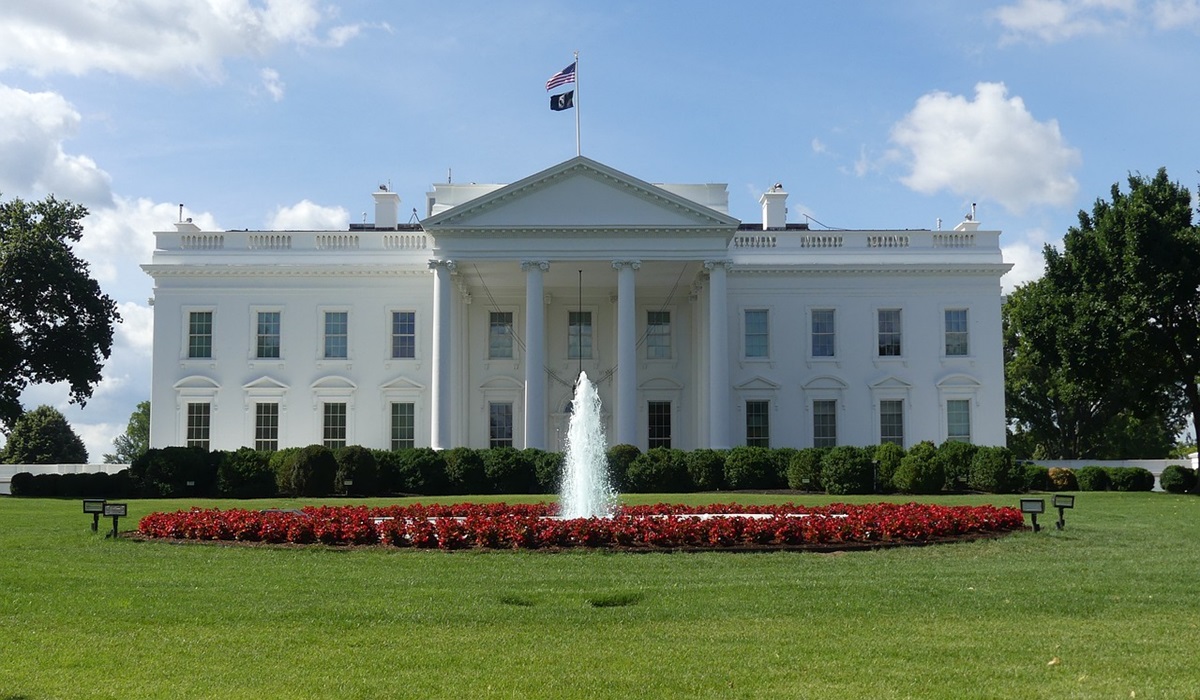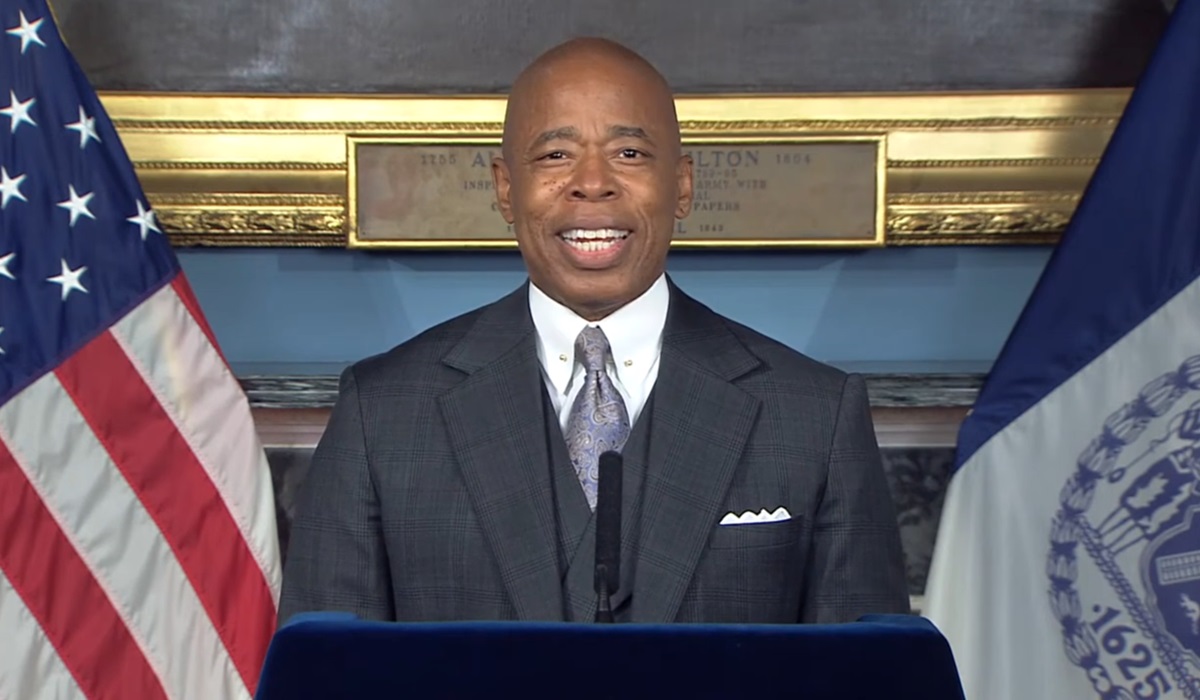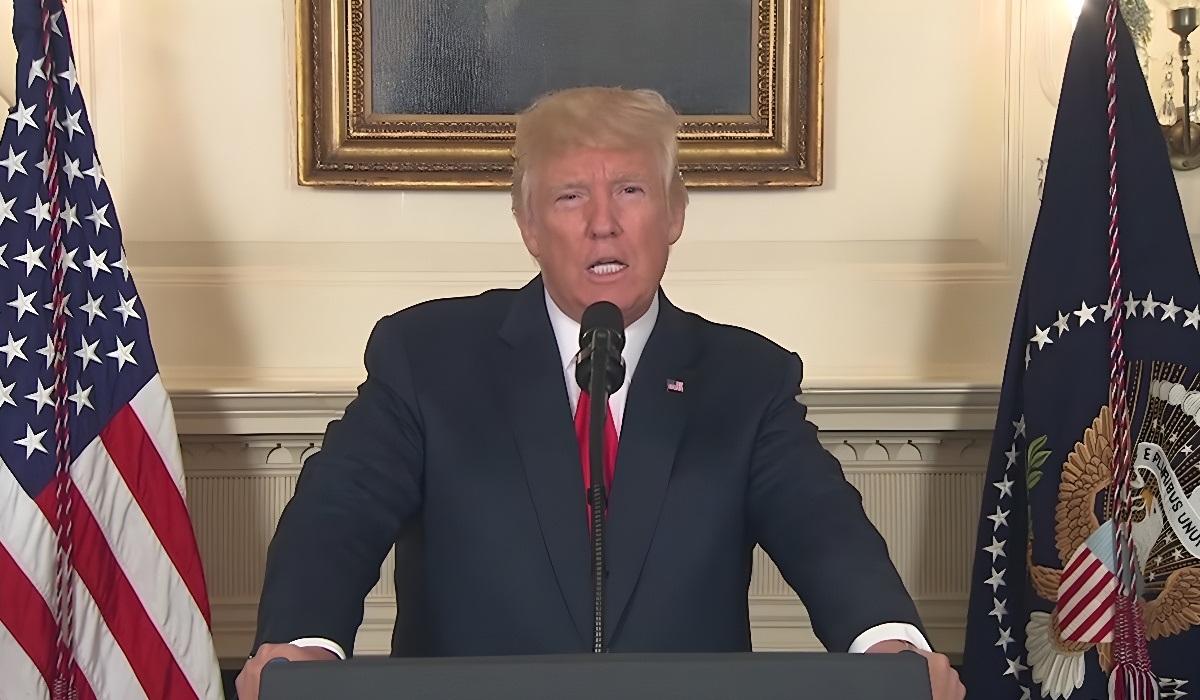Deadlocked: Kamala Harris and Donald Trump in a Tight Race for the White House
- TDS News
- U.S.A
- September 24, 2024

Image Credit, Nils Wende
As the 2024 presidential race intensifies, the contest between Vice President Kamala Harris and former President Donald Trump is shaping up to be one of the most fiercely contested in recent history. According to numerous polls, both candidates are locked in a virtual tie, with support for each hovering around 47%, give or take a few points depending on the margin of error. This razor-thin margin underscores the deep divisions in the American electorate. Polls, however, have long been the subject of scrutiny. Many argue that they are often inaccurate, subjective, or skewed in favor of the candidate who commissions them. Despite their flaws, the current polling paints an intriguing picture of how voter allegiances are evolving as the election draws nearer.
One of the more predictable patterns emerging from the data is that Kamala Harris is holding her own among key demographic groups such as independent women and highly educated voters. Her appeal to women, particularly those unaffiliated with either major party, is helping her build a solid base of support. Meanwhile, former President Trump continues to dominate among older white male voters, a demographic that has remained steadfastly loyal to him throughout his political career. These patterns may not surprise political observers, but there are some anomalies in the data that defy expectations.
What’s particularly noteworthy in this race is the unexpected uptick in African American support for Trump. Traditionally, the African American vote has been a stronghold for Democratic candidates, and any erosion of that base would represent a significant shift. While the numbers are far from conclusive, the possibility of Trump gaining even a modest increase in support from Black voters could signal trouble for Harris, who is expected to maintain a strong connection to this key Democratic constituency. On the other side, Harris is seeing solid backing from educated voters, a demographic whose influence has grown in recent years. In a political landscape increasingly defined by education levels, her appeal to college-educated Americans could prove crucial as the race develops.
Despite these poll numbers, it’s important to recognize that polls are merely a snapshot of a specific moment in time, often taken well before many voters have made up their minds. Historically, polls have been notoriously unreliable, particularly this far out from the election. In past races, polling has been dramatically off the mark, failing to capture late shifts in public opinion or the impact of key events in the final weeks of the campaign. Polls can overestimate a candidate’s strength or underestimate the effect of grassroots momentum. The fact that both Harris and Trump are currently polling so closely should not be taken as an indication of how the final vote will turn out.
As the campaign progresses, both candidates will have ample opportunity to shift the dynamics of the race. Whether it’s a powerful debate performance, a misstep on the campaign trail, or an unexpected event that dominates the news cycle, the numbers are likely to fluctuate considerably before Election Day. Trump, a master of using media and political spectacle to his advantage, could easily energize his base or alienate key voters with one of his headline-grabbing remarks. Similarly, Harris could see her numbers rise or fall depending on how well she manages her image and policy platform over the coming months.
At the end of the day, polls are just data points in a long and unpredictable political journey. They may offer a glimpse into the minds of voters at a particular moment, but they cannot forecast the future. Campaigns are won on the ground, at rallies, in town halls, and through the direct engagement of voters. They are decided by the everyday interactions between candidates and the American people, not by percentages on a chart. While polls provide fodder for political pundits and analysts, they do not determine the outcome of elections. That responsibility rests solely with the voters. It is the American people who will decide, not pollsters or algorithms, who leads the country forward in 2024.








